We would like to invite you to the latest research seminar of the Creative Technology Research Centre.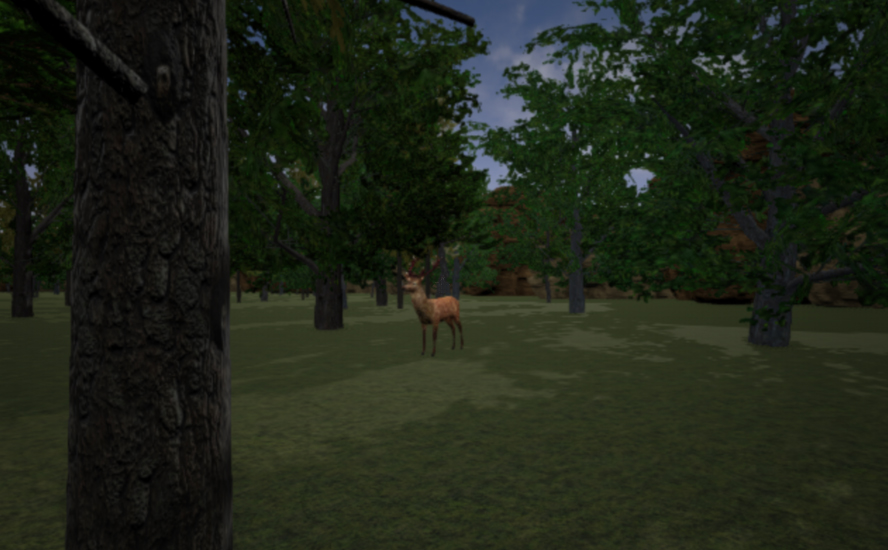
Title: Investigating the Effects of Environment on Prey Detection Rates: A Key Variable in Human Evolution
Speaker: Peter Allen (a Bournemouth University PhD student funded by the Engineering and Physical Sciences Research Council)
Time: 2:00PM-3:00PM
Date: Wednesday 27th April 2016
Room: PG19 LT, Poole House, Talbot Campus [please note the change from our usual venue]
Abstract:
This research project applies cutting edge videogame technology to conduct a psychology experiment which is designed to test human visual acuity as far as it relates to prey detection rates. The original contribution to knowledge is the acquiring of experimental data which is then used to investigate the effects of the environment on prey detection ability and help address open questions in the field of paleo-anthropology concerning human evolution.
The environment plays a major role in determining the hunting strategies which upper Palaeolithic humans would use when hunting ungulate species. In open environments such as savannah and grassland, humans relied on persistence hunting whereas in closed areas like forest there was preference for ambush hunting and careful planning to intercept migrating herds. These hunting styles are thought to have affected human evolution by selecting for required anatomical and cultural features. Persistence hunting utilises endurance running which requires a gracile form and the ability to regulate body temperature without slowing down, whereas encounter hunting relies more on strength and social coordination.
Little work has been done to understand the role which the composition of the environment plays in prey detection ability, which in turn determines which hunting styles can be utilised and therefore what features would be selected for in different geographically separated Palaeolithic human societies. This project aims to test the hypothesis that prey detection ability will vary according the composition of the environment in terms of the density of vegetation (open or closed-ness) and the assemblage of floral species contained within.
We hope to see you there.
 Dr. Jenny Hall in CMMPH published her latest article ‘Facilitating learning of spirituality in midwifery’ in the academic journal Spiritual Care [1]. She highlights that there has been considerable discussion in the literature around spirituality at the end of life but little relating to childbirth. Perhaps because of this facilitation of learning around the subject is limited. The aim of this article is to raise awareness of these issues and promote future discussion and research.
Dr. Jenny Hall in CMMPH published her latest article ‘Facilitating learning of spirituality in midwifery’ in the academic journal Spiritual Care [1]. She highlights that there has been considerable discussion in the literature around spirituality at the end of life but little relating to childbirth. Perhaps because of this facilitation of learning around the subject is limited. The aim of this article is to raise awareness of these issues and promote future discussion and research.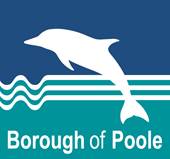 On Tuesday, 24th May 2016, BU’s Research and Knowledge Exchange Office (RKEO) will be hosting a Sandpit event on Smart Cities, supported and attended by staff from the Borough of Poole and other organisations.
On Tuesday, 24th May 2016, BU’s Research and Knowledge Exchange Office (RKEO) will be hosting a Sandpit event on Smart Cities, supported and attended by staff from the Borough of Poole and other organisations.
 As an ECR I am delighted to see that a research paper that Prof. Pritchard and myself wrote in 2014 has been cited in one of the most well regarded journals in the field.
As an ECR I am delighted to see that a research paper that Prof. Pritchard and myself wrote in 2014 has been cited in one of the most well regarded journals in the field.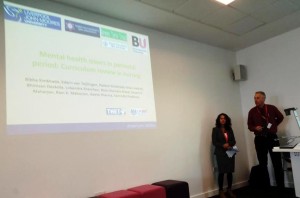
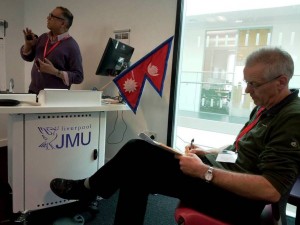

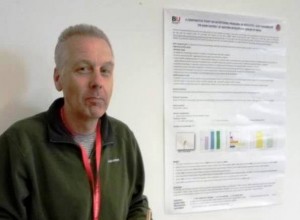



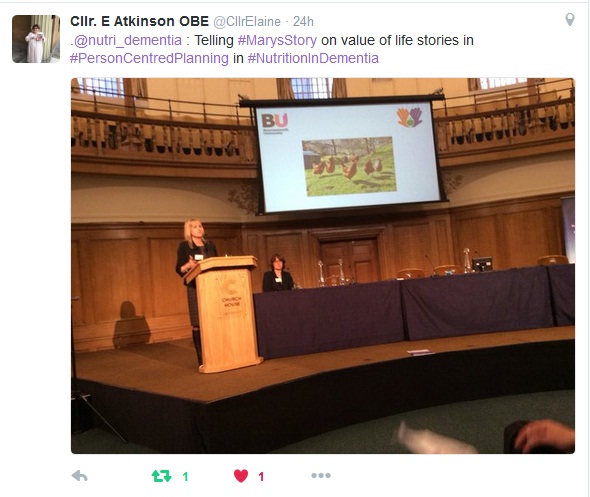
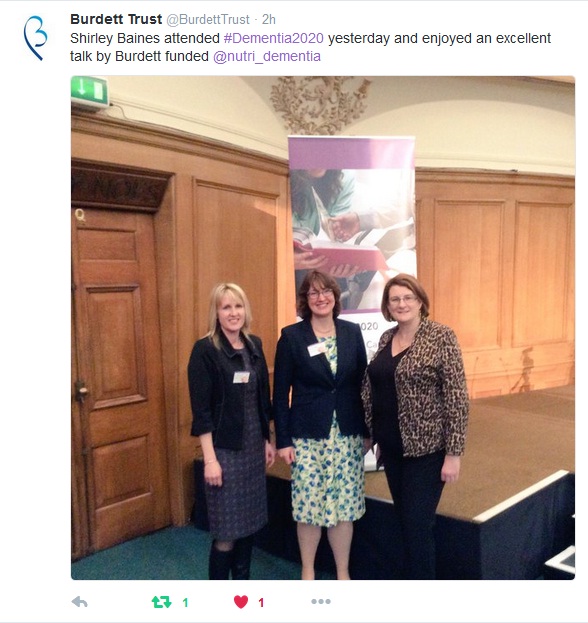
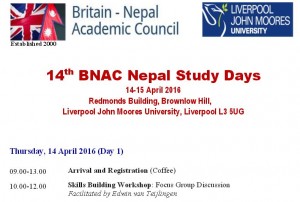
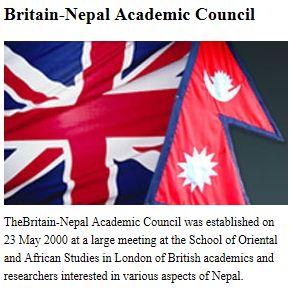

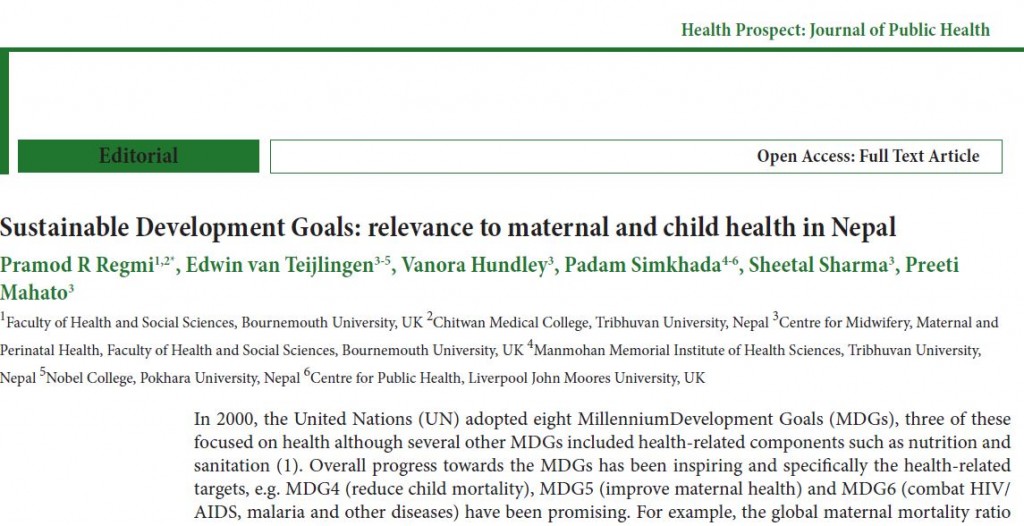











 New CMWH paper on maternity care
New CMWH paper on maternity care From Sustainable Research to Sustainable Research Lives: Reflections from the SPROUT Network Event
From Sustainable Research to Sustainable Research Lives: Reflections from the SPROUT Network Event REF Code of Practice consultation is open!
REF Code of Practice consultation is open! ECR Funding Open Call: Research Culture & Community Grant – Apply now
ECR Funding Open Call: Research Culture & Community Grant – Apply now ECR Funding Open Call: Research Culture & Community Grant – Application Deadline Friday 12 December
ECR Funding Open Call: Research Culture & Community Grant – Application Deadline Friday 12 December MSCA Postdoctoral Fellowships 2025 Call
MSCA Postdoctoral Fellowships 2025 Call ERC Advanced Grant 2025 Webinar
ERC Advanced Grant 2025 Webinar Update on UKRO services
Update on UKRO services European research project exploring use of ‘virtual twins’ to better manage metabolic associated fatty liver disease
European research project exploring use of ‘virtual twins’ to better manage metabolic associated fatty liver disease